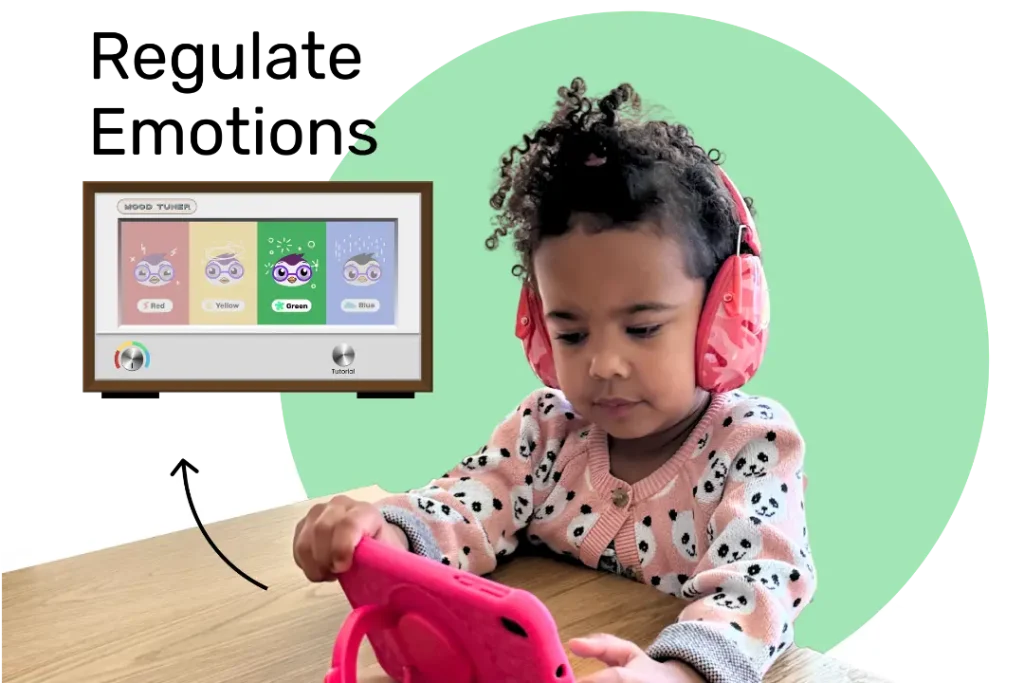Connecting with your neurodivergent child can be challenging, but understanding their unique love languages can deepen your bond and make communication more meaningful.
Key Takeaways:
- Neurodivergent love languages differ from neurotypical ones, often involving unique expressions of affection.
- Common neurodivergent love languages include info dumping, penguin pebbling, and deep pressure.
- Recognizing these love languages helps build stronger, more supportive relationships with neurodivergent individuals.
Understanding neurodivergent love languages, such as info dumping, penguin pebbling, and deep pressure, can help parents connect more effectively with their neurodivergent children. These expressions of affection may differ from traditional love languages, emphasizing the importance of personalized communication and support. By embracing these unique ways of showing love, parents can foster a deeper connection with their child, tailored to their specific needs and preferences.
Table of Contents
What Are Neurotypical Love Languages?
Neurotypical love languages are five different ways to express and receive love. Created by Dr. Gary Chapman, they’re words of affirmation, quality time, receiving gifts, acts of service, and physical touch. Words of affirmation are verbalizing appreciation and expressing love with words. Quality time is giving your undivided attention, like having deep conversations or doing activities together.
Ever thought about how neurodivergent love languages could play out in real-life scenarios? Here’s a quick peek. Imagine a sweet surprise – a gift, maybe a bouquet or a handmade card – from your loved one. These gifts are tangible tokens of love, showing how much someone cares for you. Conversely, rolling up your sleeves to ease another person’s life is an act of service. Now, remember those warm hugs, gentle hand-holding, or pecks on the cheek? Yep, you’ve got it – that’s the physical touch language of love.
@goallyapps Remember this as Valentines Day approaches 💙 (… even our whole team can’t forget it after filming this in the middle of the office 😉) #neurodivergent #valentinesday #autismawareness #lovelanguagetiktok ♬ muerto gang – qubelly🗽
Knowing your individual love languages, as well as those of people you cherish, is critical. This knowledge empowers you to express your feelings effectively and guides you on how others can best show their love for you. So, parents, remember to decipher and use these Neurodivergent love languages. It’s a fantastic way to strengthen the bond with your child. It makes the expression of love more efficient and tailors it to what feels most genuine and impactful for each person. Let’s keep the conversation on love languages going!
Why Are Neurotypical and Neurodivergent Love Languages Different?
Some neurodivergent people have different ways of processing and experiencing emotions. For example, some neurodivergent people have difficulty recognizing and expressing feelings. This affects how they understand and communicate their own love languages. It also makes it difficult for neurotypical people to understand the love languages of people who are neurodivergent.
People who are neurodivergent can have different needs and preferences when it comes to sensory input. For example, a neurodivergent person may be sensitive to physical touch. Like in the new Netflix show ‘Wednesday’, the main character doesn’t enjoy being touched. So her mother acknowledges her boundaries and keeps a respectful distance to avoid making her daughter uncomfortable.
Read More: Using Positive Affirmations for Kids
Neurodivergent Love Languages
Info Dumping
Info dumping is a way for neurodivergent people to express their love and affection. It’s when a person shares a lot of information, facts, ideas, and feelings all at once. This love language allows someone to share everything they know on a subject. It can be anything from sharing their experiences to details about a specific topic. They can also discuss theories that are meaningful to them. Info dumping allows neurodivergent people to make deep connections with those around them by expressing their knowledge.
Penguin Pebbling
You know how penguins gather tiny pebbles to present to their mates as a sign of love? We’ve got a similar concept in neurodivergent love languages called penguin pebbling. This sweet gesture involves collecting small items or trinkets to gift to their loved ones. It’s a unique, heartfelt way for neurodivergent individuals to say, “I care.”
Understanding and valuing this act of love is key. It’s a natural communication, an earnest attempt to express love. Like other neurodivergent love languages, penguin pebbling can be an amazing bonding tool. It nurtures solid, meaningful relationships that truly matter. So, parents, keep an eye out for those little treasures – they’re tokens of love, pieces of a language spoken from the heart.

Read More: How To Host a Party for Neurodiverse Kids
Parallel Play
Parallel play is where kids play alongside each other. However, they don’t have to interact or constantly communicate with each other. A neurodivergent person may feel more comfortable and secure in a relationship when they have their own space and independence. All while still feeling the presence of their loved one. Parallel activities, where one person reads while the other does a crossword, can provide a sense of connection without the pressure of communication.
Deep Pressure
Deep pressure is a type of sensory input and is a common neurodivergent love language. It’s the sensation of firm, even pressure applied to the body. Like a hug, weighted blanket, or deep-pressure massage. For some neurodivergent people, deep pressure provides comfort and security. It can even help neurodivergent people regulate their sensory system. For example, a person can hug their loved one or a parent could give their child a weighted blanket when they watch a movie.
Support Swapping
Support swapping is both providing and receiving support within a relationship. It involves helping each other through difficult times, sharing resources, or providing emotional validation. For neurodivergent individuals, this form of support can be vital for building and maintaining healthy relationships. Support swapping can come in many forms, like providing a safe space for open conversations, holding hands, going to doctor’s appointments together, or participating in other activities.
Goally | Kid’s Tablet for Building Emotional Regulation Skills
Is your child struggling with understanding and managing their emotions? Goally teaches emotional regulation skills in a fun and interactive way!

The Mood Tuner app encourages kids to look inwards and identify their feelings, helping them understand what’s going on inside. Once they’ve recognized their emotions, they can choose from a variety of exercises designed to help them self-regulate and find their balance.
Keep in mind, being neurodivergent doesn’t exclude someone from having neurotypical love languages, and the opposite is true as well. The capacity to articulate various love languages is key in any connection. Grasping someone’s specific desires, expectations, and needs makes it more straightforward to provide support and foster a deep bond. Individuals with neurodivergence may demonstrate affection and gratitude differently, so it’s crucial to invest the time in discerning what resonates with them. Having this understanding lays the groundwork for richer relationships built on reciprocal comprehension and respect.
Helpful Resources
FAQs About Neurodivergent Love Languages
What are neurodivergent love languages? Neurodivergent love languages are how individuals with diverse neurological development express and receive love through gifts, acts of service, and physical touch.
How can understanding neurodivergent love languages help my child? By knowing your child's neurodivergent love languages, you can enhance communication, strengthen your relationship, and support their emotional well-being.
What are some examples of neurodivergent love languages? Some examples include giving tangible gifts, performing helpful acts of service, and expressing affection through physical touch.
How can I discover my child's neurodivergent love language? You can identify your child's love language by observing how they express affection and respond to certain actions.
How can I utilize my understanding of my child's neurodivergent love language? This knowledge can be used to express love meaningfully to your child and guide them in expressing love towards others.
This post was originally published on 01/13/2023. It was updated on 08/27/2024.
Emily is a seasoned blog writer for Goally, leveraging her extensive background in child psychology and special education to provide valuable insights and resources for parents. Her commitment to understanding and addressing the unique needs of these children, combined with her expertise in educational strategies, makes her a credible and empathetic voice for families.





